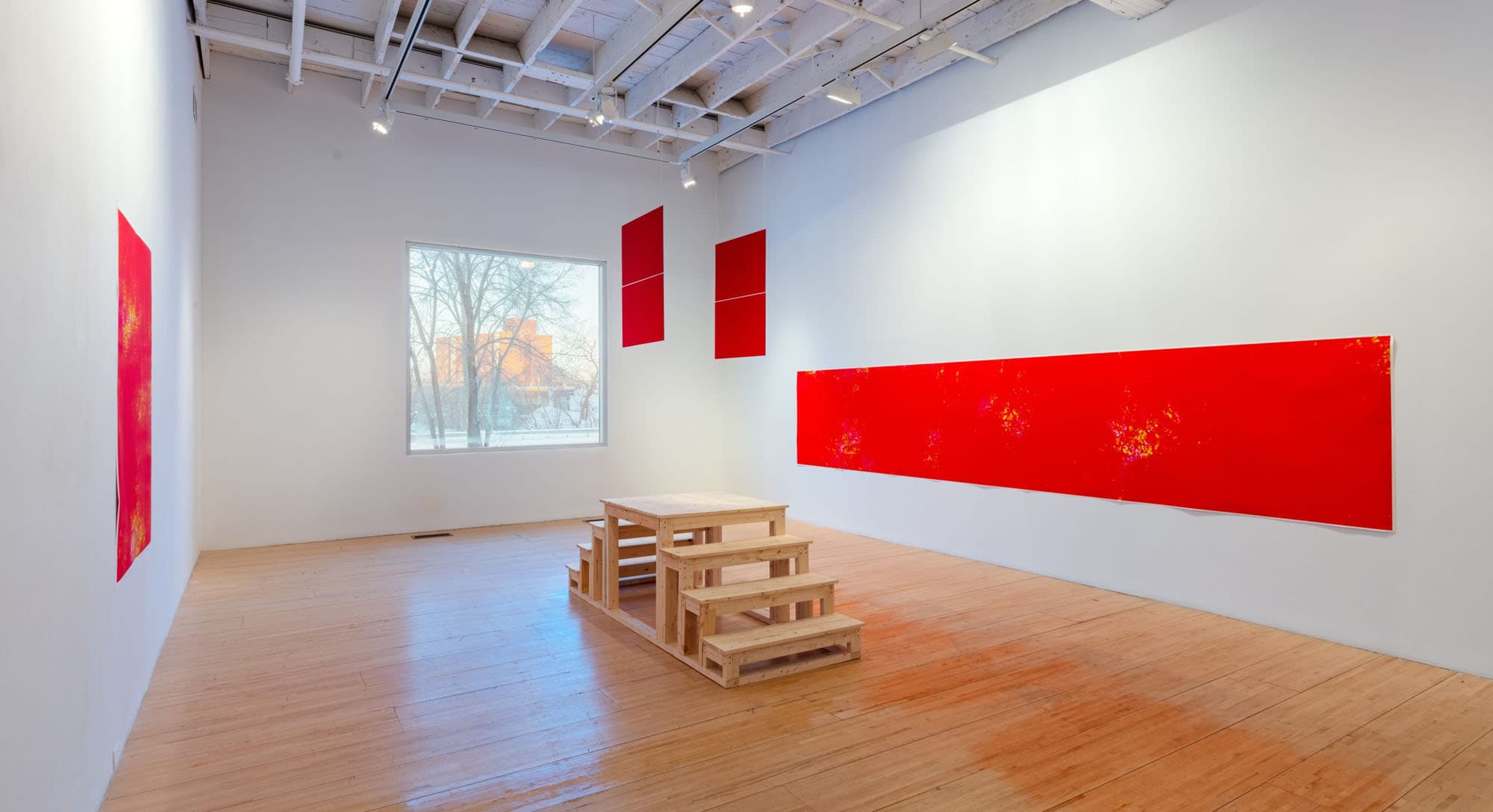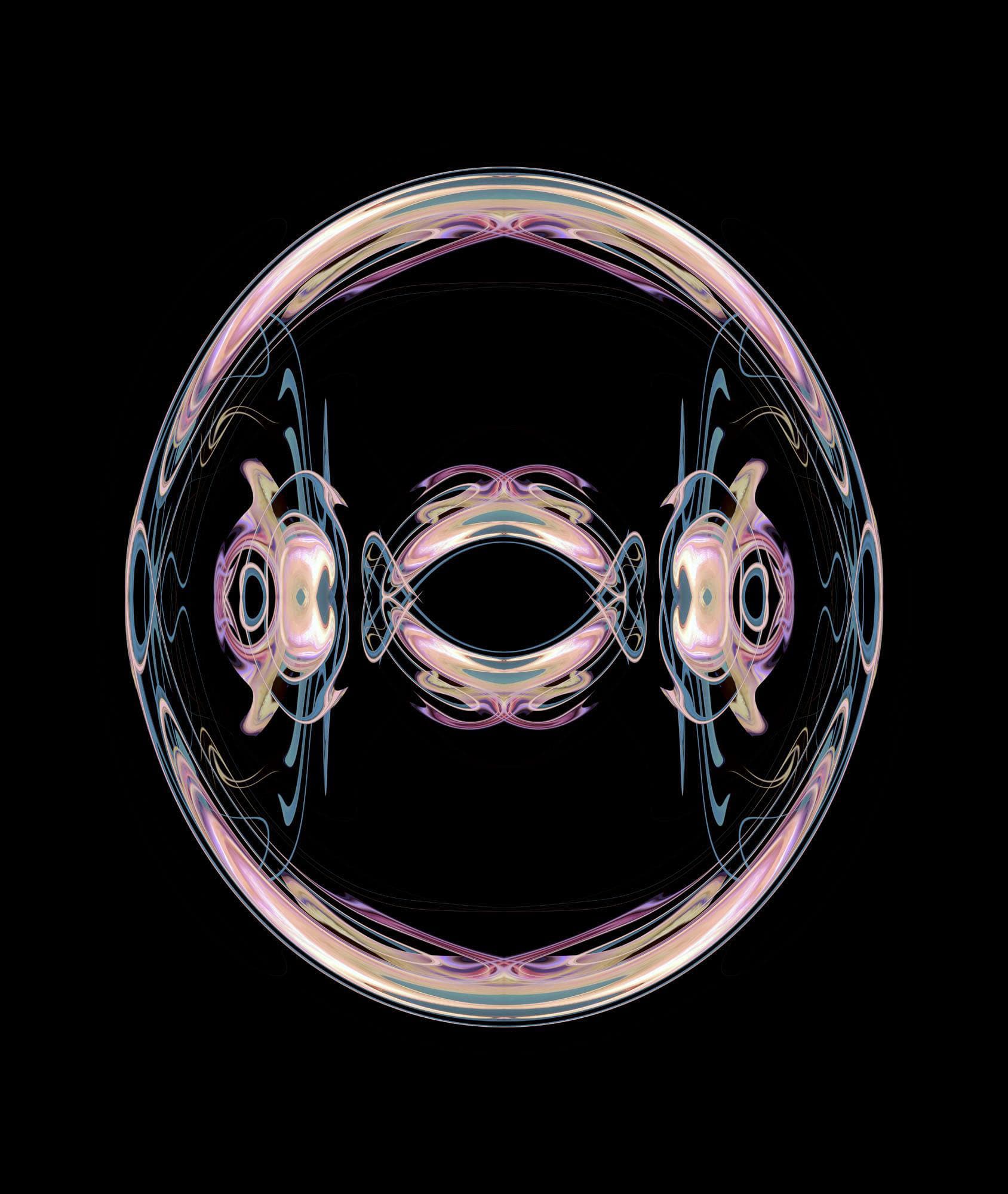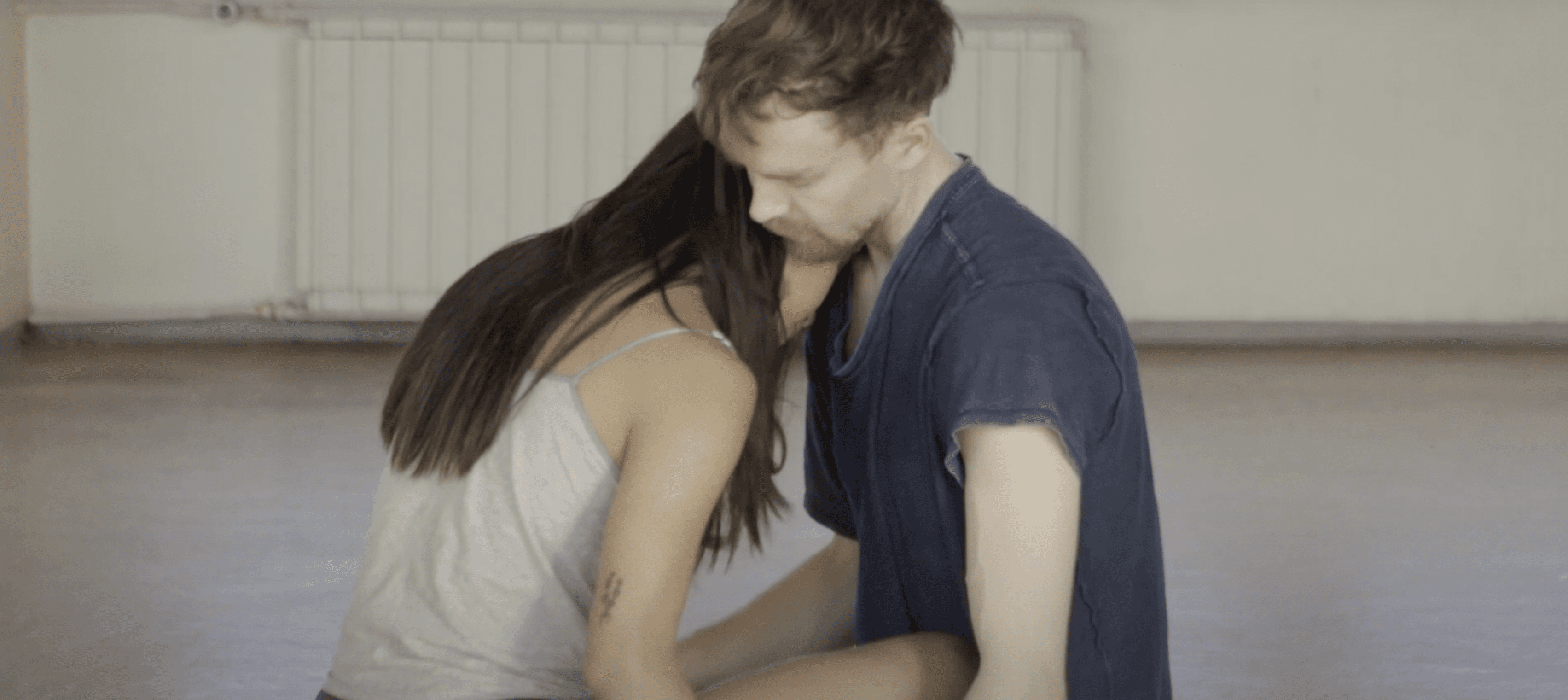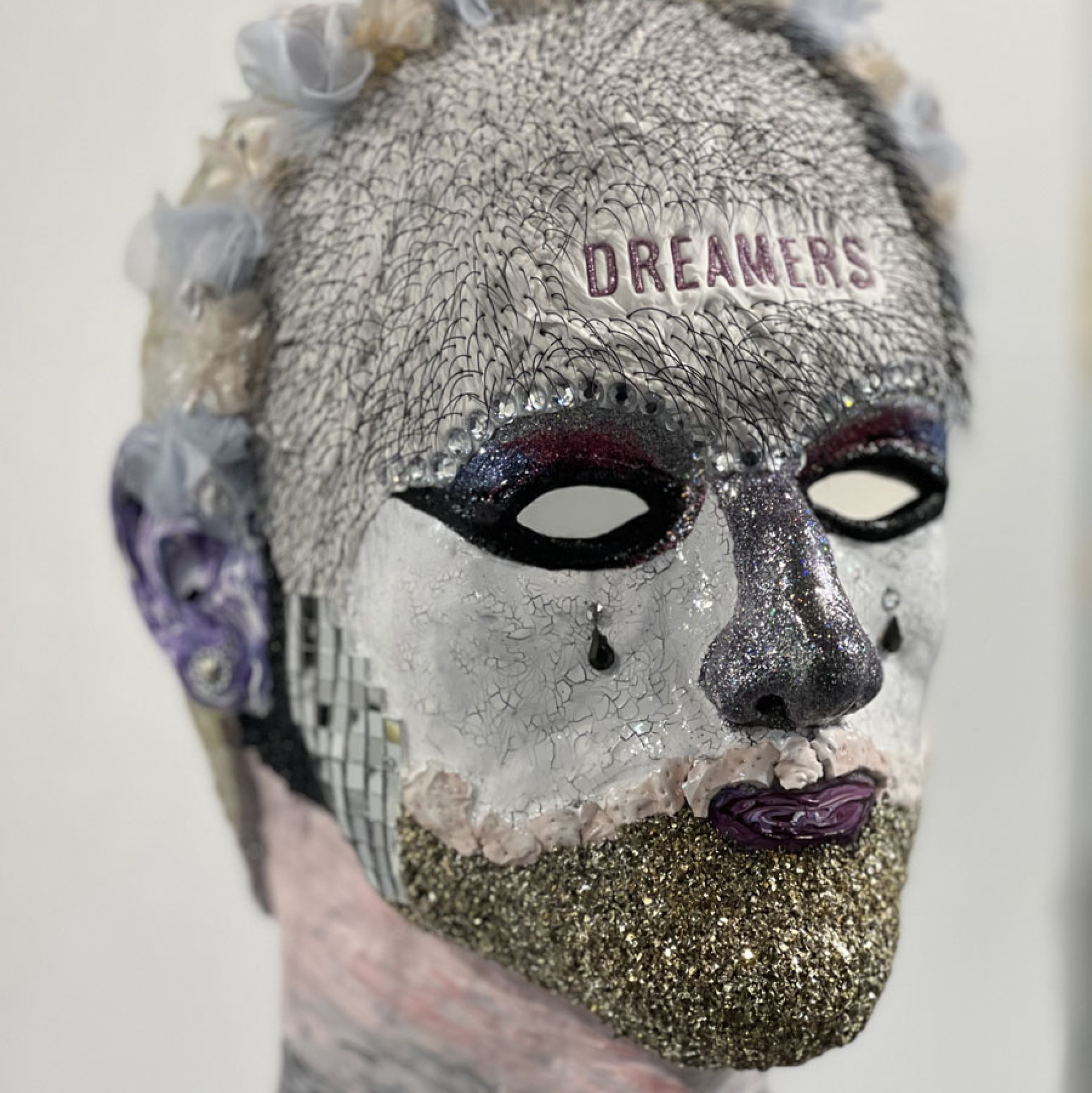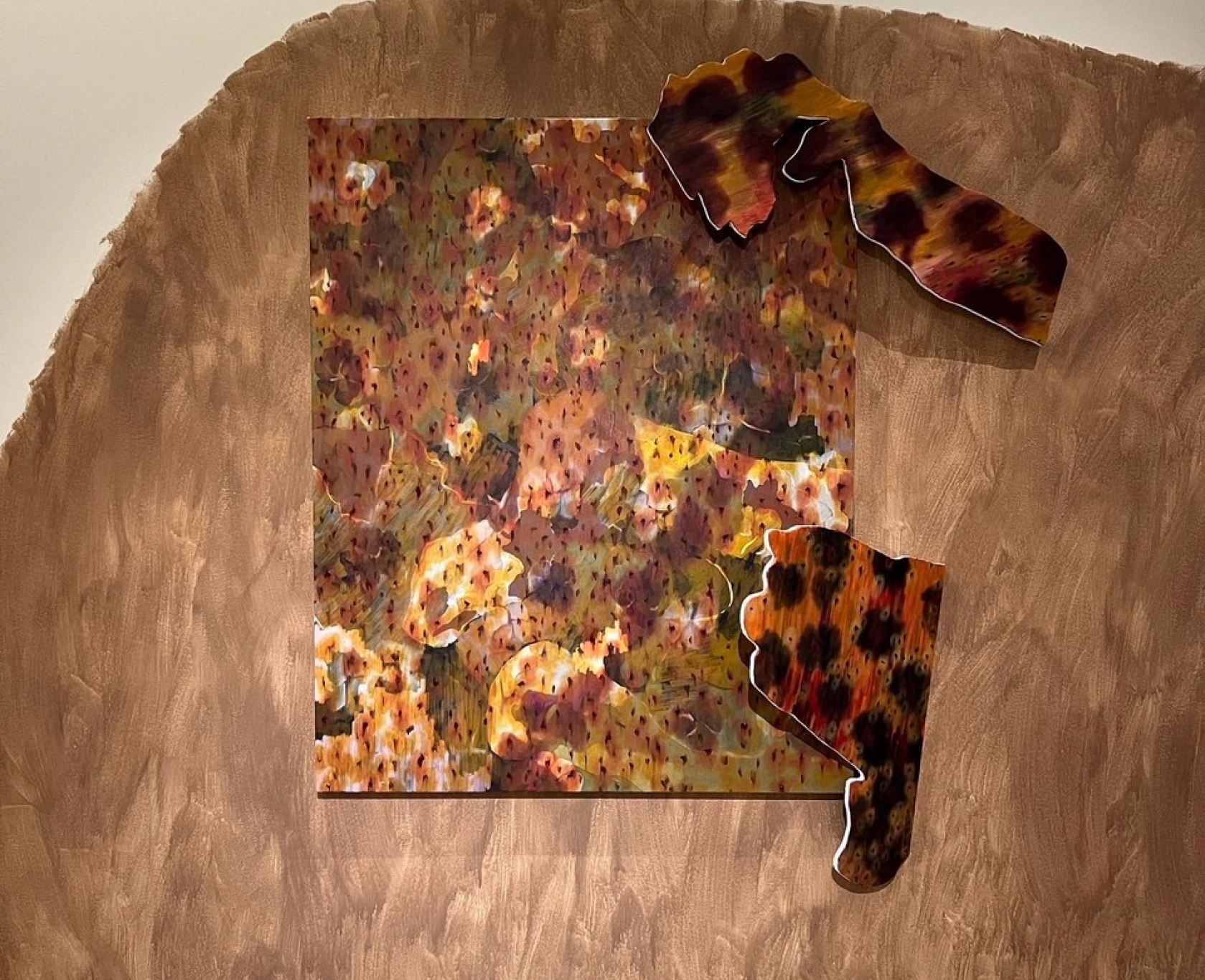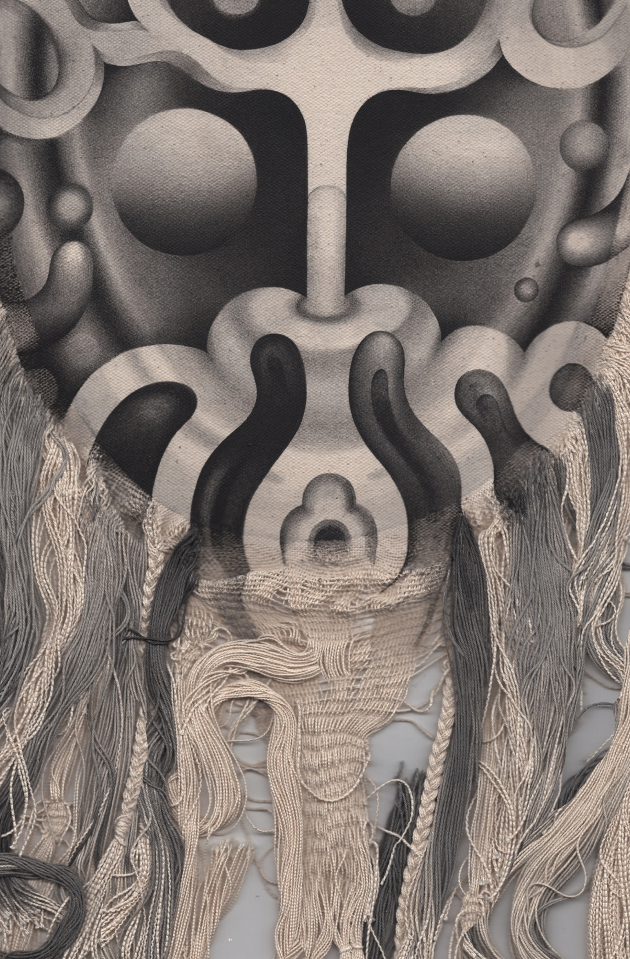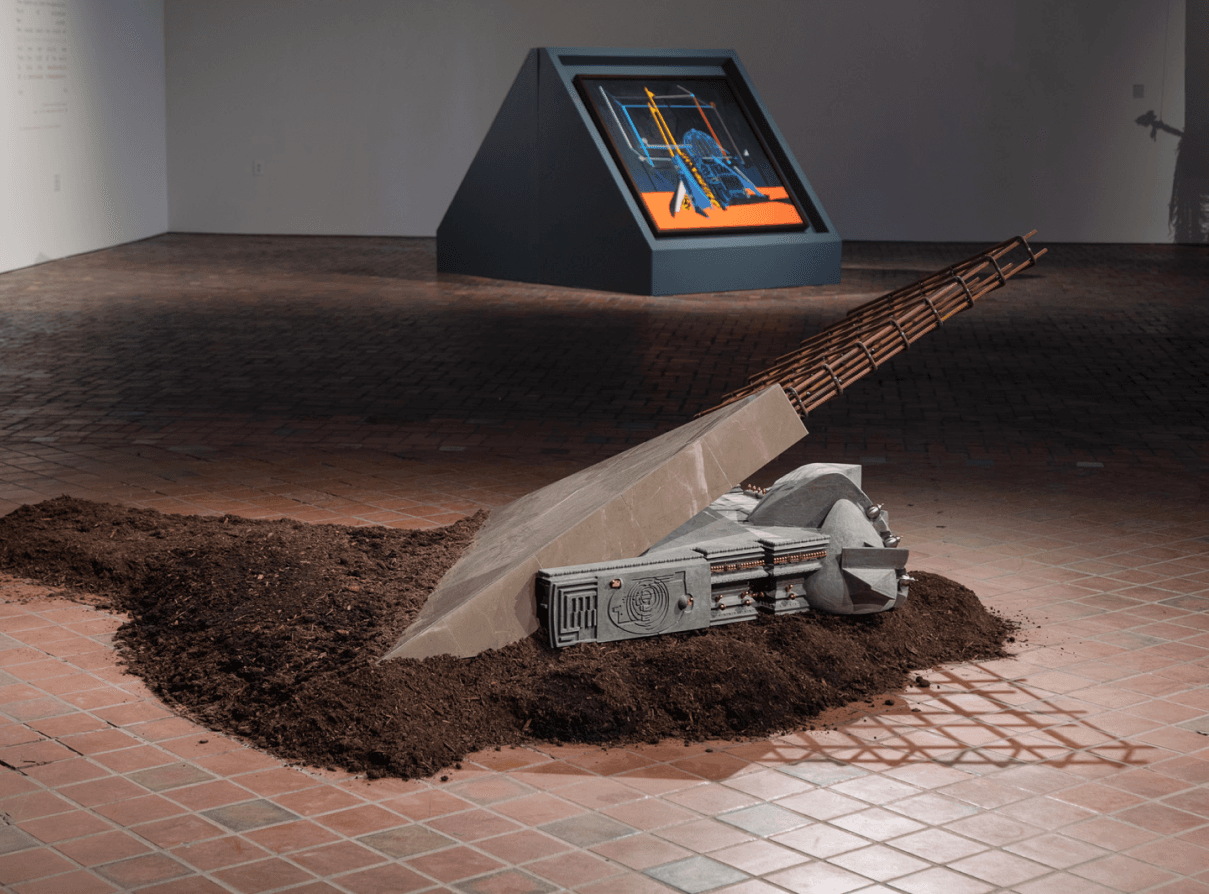Shifting Perspective
Navigating the changing cultural landscape with writer and curator Devyani Saltzman
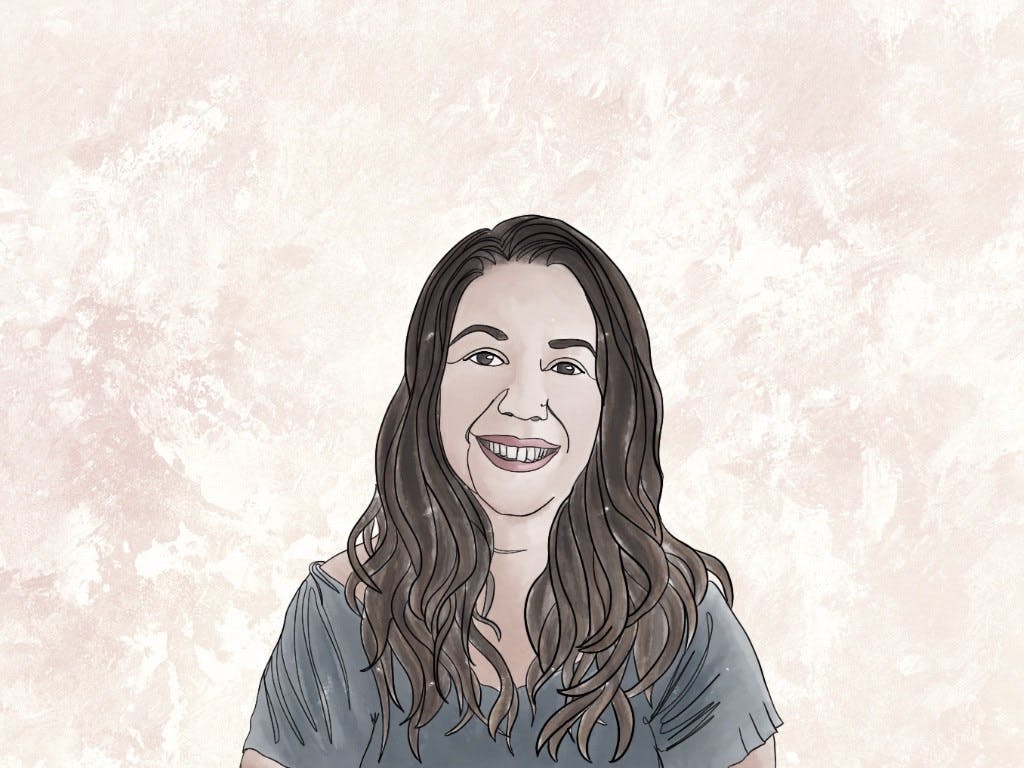
Devyani Saltzman has broken a lot of ground in Canada’s arts and culture scene—a founding curator of Toronto’s Luminato, the first woman of colour to hold the position of Director of Public Programming for the Art Gallery of Ontario, and Director of Literature at Banff before that. Now, working beyond our borders for the first time, she recently joined the curatorial team of the 2022 PEN World Voices Festival, as one of three women of colour—alongside Latinx poet Eloise Amezcua and Martinican program head Clarisse Rosaz Shariyf—and as their only international curator.
Early in her career, Saltzman was very excited at the prospect of working with fellow POC to affect “change from the inside,” until she experienced what she describes as “brown burnout.” Often tasked with affecting monumental change, or cast to create the appearance of change, Saltzman notes doing this work for herself and others is very taxing. “Unless the structures are truly in place, where there’s a critical mass of folks, it’s very hard to continue.” This is not hypothetical—during her time at the Banff Centre, teams shifted in a restructuring losing her mentor in the process, while also making the work harder and more isolating. As a result, she was unable to support the launch of their first programme dedicated specifically to IBPOC writers, her efforts culminating in a two-week hospital stay from exhaustion. In the wake of her departure, her replacement was quoted as “not looking to implement any changes to their programming.”
It's much easier to look progressive in programming
Discussing the major postings to various POC at several institutions across the Canadian arts & culture scene—including TIFF and the National Arts Centre—she’s excited for these powerful choices, but apprehensive regarding success where the governance structures and support staff aren’t there to match. These changes have to exist “at all levels of institutions to truly be healthy and I think we’re still in process.” Informed by her own experience, as well as the interviews conducted via her podcast The Culture Shift, she notes, “It’s much easier to look progressive in programming,” and asks instead: “How are the internal structures actually working? How do employees feel? Who’s ascending within those structures? Who’s on the board? On the structural side, we know boards are essential, but if they’re of one worldview, that trickles down.”
I think as humans, we like to maintain power, and sometimes we forget the root of the mandate is service to others
Currently serving as Vice Chair on the board of the Writer’s Trust of Canada, while also holding seats on the boards of the Toronto Arts Council and the Ontario Association of Art Galleries respectively, it is in this capacity that she hopes, in part, to effect more change. On the methodical work needed to unravel the deeply embedded hierarchies within the field, Saltzman muses, “I think as humans, we like to maintain power, and sometimes we forget the root of the mandate is service to others. Organizations have huge budgets and are valuable, but I think leaders need to recalibrate. The power doesn’t lie in holding on to those positions, it lies in what you create for the people who come through the doors.” One example of this, she cites, are the cluster hires at OCAD—creating cohorts in lieu of individuals—as a potential path towards solid, sustainable change.
There are limits to freedom of expression when it leads to the harm of others
Navigating these seismic changes taking place across the arts sector, is a phenomenon to which PEN is also not immune. In 2015, the festival was called out for expanding their interpretation of “freedom of expression”, to include those who traffic in bigotry and hate speech. The headline event of a 2018 festival featured a conversation between Hilary Clinton and Chimamanda Ngozi Adichie—who has recently thrown her lot in with JK Rowling over anti-trans rhetoric. At a time when trans rights are being highly targeted at the US legislative level, this event is still prominently featured on festival press content. Questioning these choices, past and present, Saltzman, in her role as guest curator, acknowledges to be fair game. With that in mind, she states that this year’s festival was programmed with mindful intention, and personally feels that there are “limits to freedom of expression when it leads to the harm of others.” Similar questions and concerns with regards to contemporary cultural programming are raised on her podcast. In what is perhaps the most engaging episode, she and Indian Summer Festival Artistic Director Sirish Rao postulate how to best maintain thoughtful debate and healthy dialogue while maintaining a duty of care.
I find [these genres] to be some of the most important literature today because it's writing what we need to know, that we don't have yet
As a reflection of the larger social and environmental chaos in which we currently find ourselves, the arts sector, and the content produced therein can be seen as a microcosm of this moment. To this end, Saltzman is particularly drawn to speculative fiction and genre spaces, an outlook reflected in her programming choices for PEN. These include bestselling Métis author Cherie Dimaline of The Marrow Thieves and Nigerian author Tochi Onyebuchi with his recently released science fiction novel Goliath. “I find [these genres] to be some of the most important literature today because it’s writing what we need to know, that we don’t have yet…I think futurisms are essential, offering potentials on how we might move forward. That’s exciting to me, but to be honest I do worry that we’re a step forward and a step back simultaneously right now.”
The states are sometimes not so aware of what's happening up north
Working from Canada, it was important to Saltzman to provide a strong showing of homegrown talent as “the states are sometimes not so aware of what’s happening up north.” Ensuring exceptional Canadian content was present, the current line-up for this year’s festival include: author and CBC Massey Lecturer Tanya Talaga; Giller Prize winner Omar El Akkad; national bestseller Sheila Heti; award-wining Cree journalist and podcaster Connie Walker; multi-award winning Canadian-Caribbean poet Canisia Lubrin; and Iain Reid whose 2016 New York Times bestselling novel, I’m Thinking of Ending Things was adapted by Charlie Kaufman for Netflix in 2020. Cherie Dimaline will also be part of a panel moderated by podcast host, culture writer, and soon-to-be published author Elamin Abdelmahmoud.
We need to move towards models that don't put so much pressure on folks of colour to be sole changemakers
Despite past difficult experiences, and the precarity of the current moment, Saltzman still has hope. “There’s many ways cultural spaces can exist,” and offers her recent work with PEN as an example of that. “What I like about [PEN] is it is collective and it’s collaborative. We need to move towards models that don’t put so much pressure on folks of colour to be sole changemakers.” Working independently with organizations such as PEN and the Gardiner Museum, gives her more space and a “voice to be honest.”
Operating from a state of gratitude and abundance, Saltzman feels fortunate for her previous opportunities, but knows now she “couldn’t function at that level continuously.” In this present moment, she feels lucky to be able to take time out to pursue independent contracts with value-aligned organizations. This, in addition to writing and producing her podcast as research for her upcoming book on the same subject, all act as what she refers to as her “moment of recovery.” On her own recuperation process and for other folks engaging in similar work she emphasises taking time out to properly heal. “We’re in this kind of compressed time, and we need to exhale a bit. It’s a process, and we have to conserve energy for the road ahead.”
